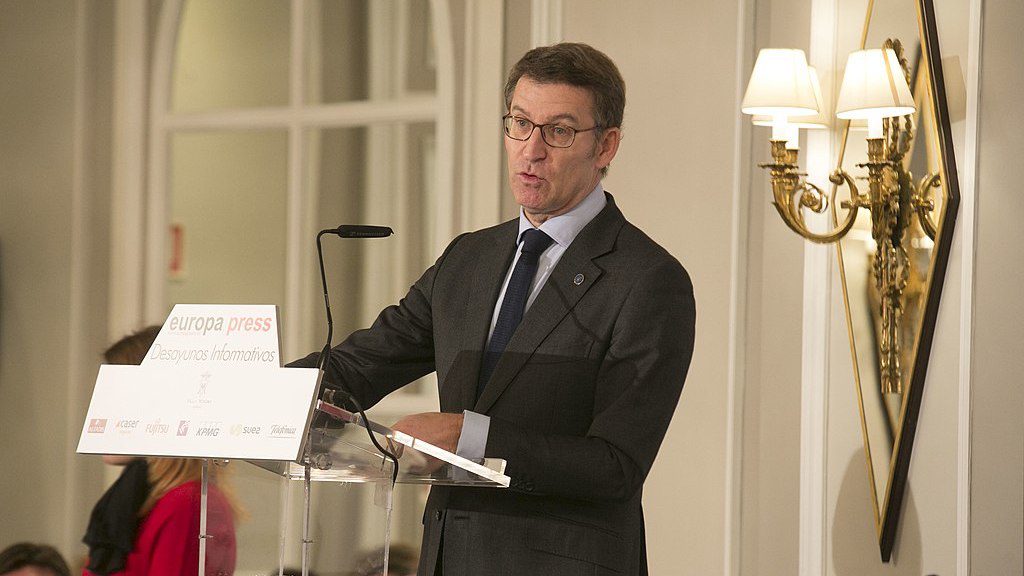
With Spain’s elections less than a year away, the center-Right Partido Popular (PP) has been criticizing the socialist-led ruling coalition for its assault on judicial independence and concentration of power in the Executive branch.
At the same time, however, the party has sought to distance itself from VOX. Kicking off 2023 with a radio interview, the PP’s leader, Alberto Núñez Feijóo, stated that if he can avoid a coalition with VOX, he will do so, but that this does not depend on him, but on the election results. He also added that such a coalition would be bad for the country. It is his intention, therefore, to include VOX in a future government only if his party cannot govern alone—which is obvious enough: why would a party enter into a coalition when it has enough seats to govern alone?
Feijóo followed up by naming a new party spokesperson for the electoral campaign: Borja Sémper, who is known for his distaste for VOX. He left the PP and his career in politics, citing a climate of polarization, to which the emergence of VOX was presumably a contributor.
During the press conference that inaugurated his return to politics, however, Sémper mentioned having a solid relationship with VOX leader Santiago Abascal, whom he has known for many years. He described this relationship as “bomb proof,” a possible reference to the years of ETA terrorism during which both men were politically active in the Basque Country as members of a party the terrorists routinely targeted.
We may thus conclude that the PP is an ambiguous party: an establishment force that also wants to convince voters close to VOX to see it favorably.
Both Feijóo’s statement of intent to govern alone and only work with VOX if needed, and the words of the party’s new spokesman to the effect that he does not like VOX but has a “bomb proof” relationship with its leader are true to the party brand: decisive ambiguity.
